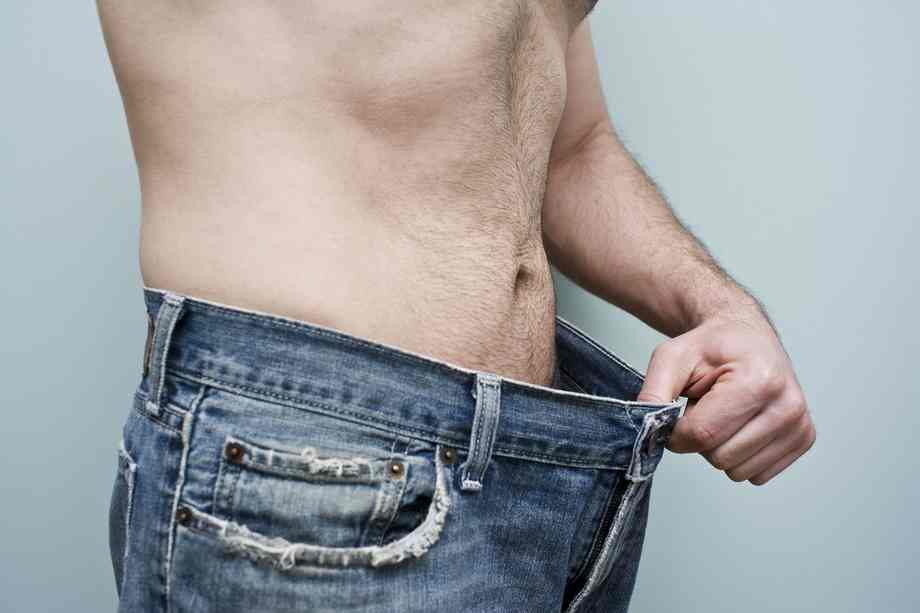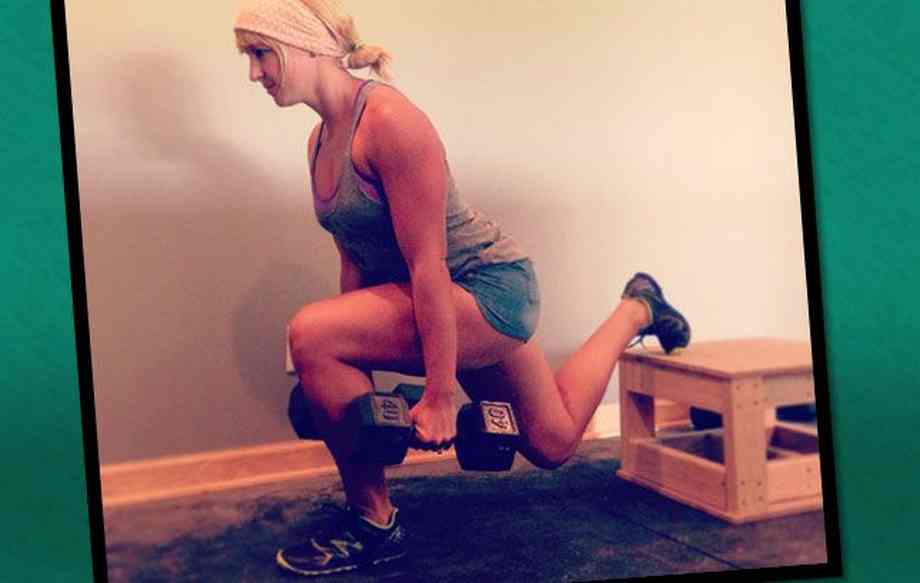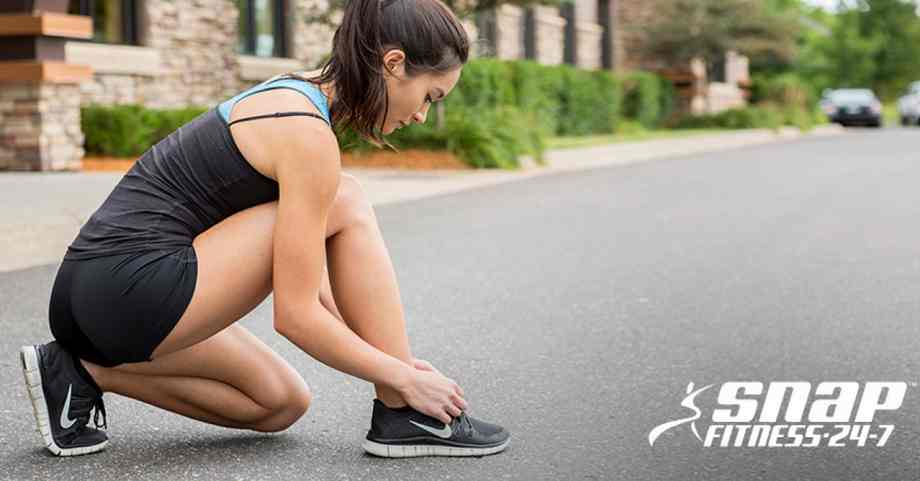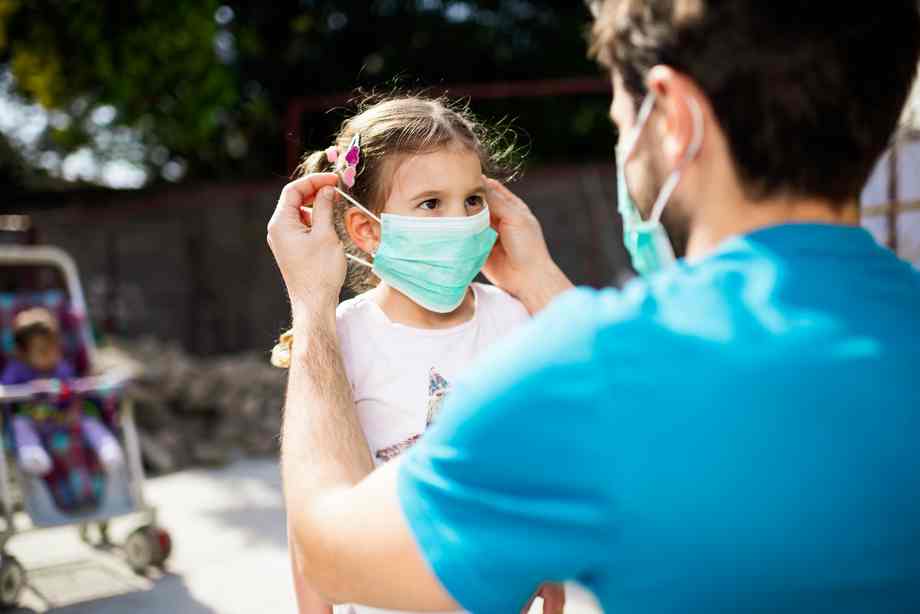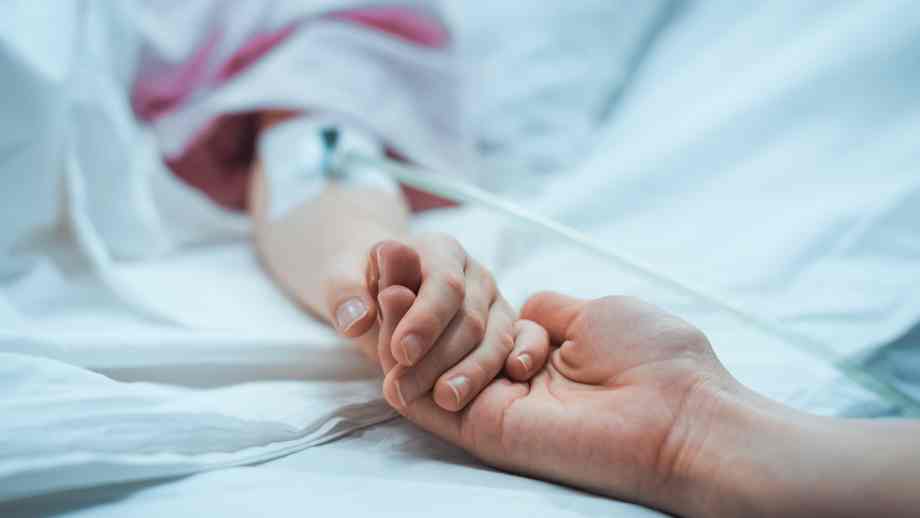Wealthier folks have been extra prone to have interaction in “self-protective behaviors” like social distancing and sporting a masks within the early phases of the COVID-19 pandemic, a brand new research from Johns Hopkins College economists revealed within the Journal of Inhabitants Economics discovered.
That might not be a shock to anybody who remembers wealthy folks fleeing crowded cities and snapping up secluded trip properties final spring, however the researchers have been in a position to measure the totally different responses to the pandemic past anecdotal reviews.
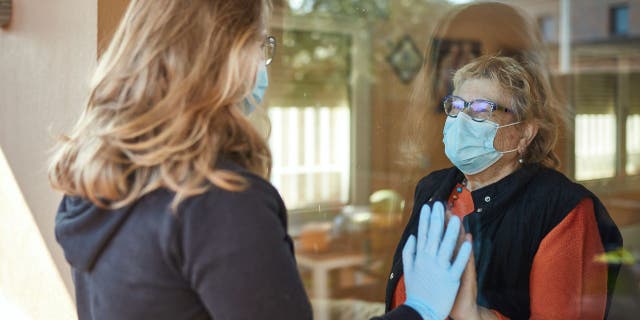
Wealthier folks have been extra prone to have interaction in "self-protective behaviors" like social distancing and sporting a masks within the early phases of the COVID-19 pandemic.
(iStock)
CORONAVIRUS DEATHS WORLDWIDE TOP 2M, JOHNS HOPKINS UNIVERSITY REPORTS
Folks making about $230,000 a 12 months have been 54% extra prone to take self-protective motion than folks making $13,000, in response to the research, which surveyed 1,000 folks within the U.S final April.
Increased-income folks have been extra prone to be ready that allowed them to alter their habits, the researchers stated. Folks making more cash have been additionally extra prone to have transitioned to working remotely in the course of the pandemic. They have been 24% extra prone to social distance than those that couldn’t telework.
Nick Papageorge, the Broadus Mitchell affiliate professor of economics at Johns Hopkins, was the lead writer on the paper.
“The entire messaging of this pandemic is you’re caught at dwelling teleworking, that have to be actually powerful so listed here are some recipes for sourdough starter, and right here’s what you need to compensate for Netflix,” Papageorge stated in a written assertion. “However what concerning the individuals who aren’t teleworking? What are they going to do?”
These lower-income individuals who couldn’t work remotely have been additionally extra prone to lose their job due to the pandemic. They have been additionally much less prone to dwell in properties with entry to out of doors house, which the researchers stated would have made them 20% extra possible to have the ability to social distance.
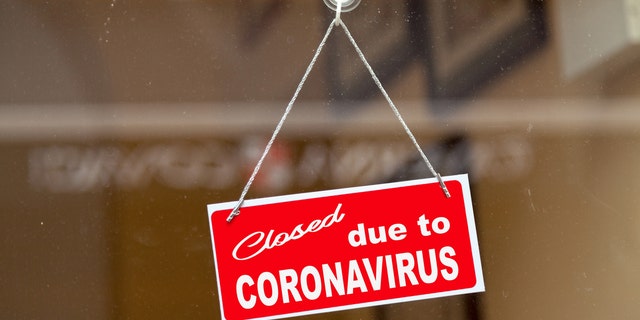
Decrease-income individuals who couldn’t work remotely have been additionally extra prone to lose their job due to the pandemic. (iStock)
CLICK HERE FOR COMPLETE CORONAVIRUS COVERAGE
The purpose wasn’t simply to rub in how good wealthy folks have it. The findings could possibly be used to raised predict how the coronavirus will unfold, in response to the researchers.
“We have to perceive these variations as a result of we will wring our fingers, and we will blame and disgrace, however in a method it doesn’t matter,” Papageorge stated. “Policymakers simply want to acknowledge who’s going to socially distance, for the way lengthy, why and beneath what circumstances to present us correct predictions of how the illness will unfold and assist us set up insurance policies that might be helpful.”
